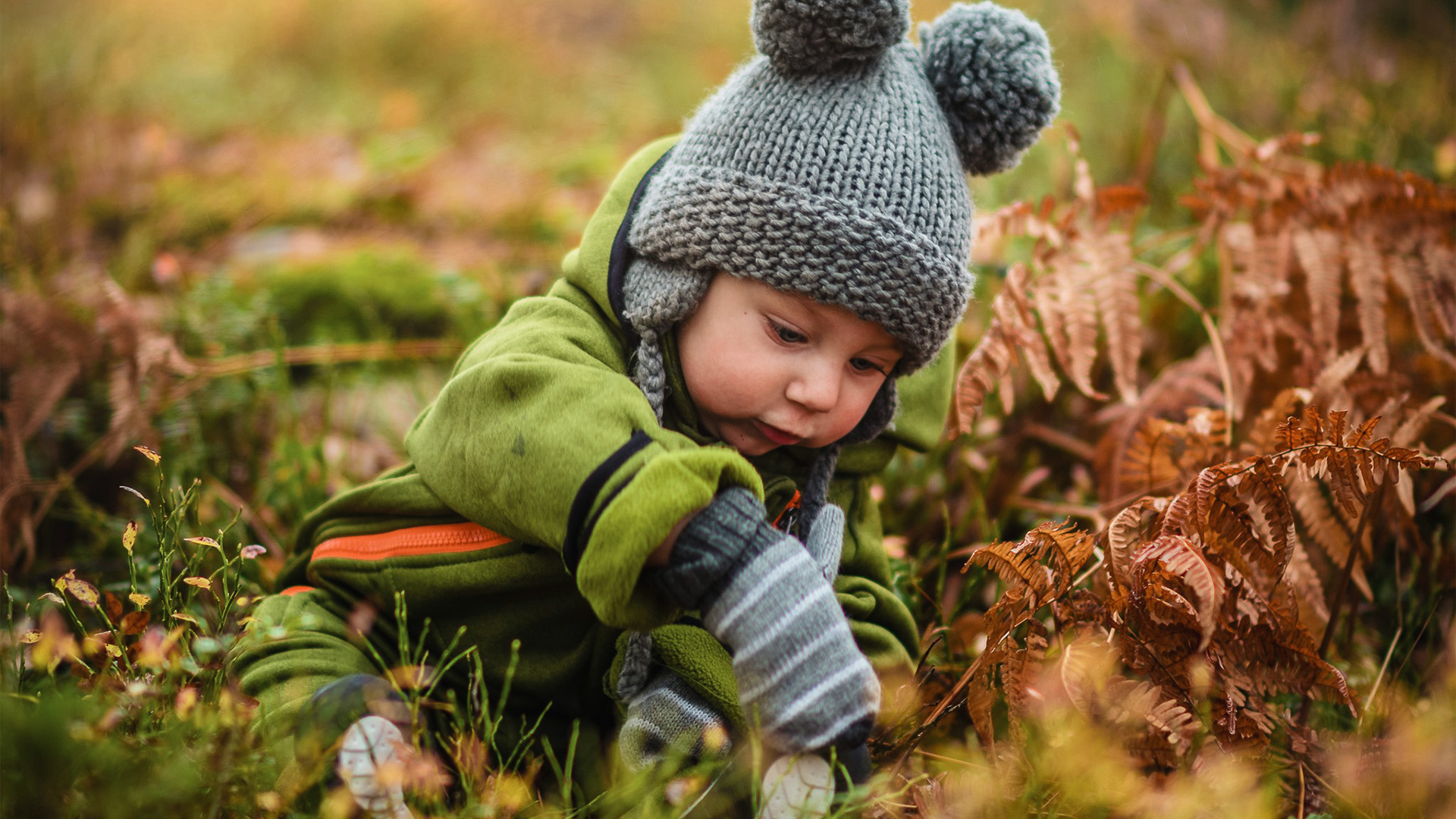The human need for contact with nature is undeniable. Especially in the modern world, plagued by pressing routines that never seem to end. We stop doing one thing to start another. We find ourselves sunk in a loop of stress and engine noise, alarms, and notifications one task after the next.
We build upwards, isolate ourselves behind screens, and forget about the world outside our walls. A world with much to give, but also much to care for.

As our skyscrapers grew, we lost connection with the calm that nature offers us. We fled the countryside to concentrate on cities that have everything, except, perhaps, that connection that we yearn for so much today.
Faced with the pace of today’s life, the disconnection that nature allows us is like an oasis in the middle of the desert. We need that moment, however small, to breathe, relax and continue.
At least that’s what happens to us as adults.
What happens when a child grows up away from nature, and what can the inclusion of these spaces mean for their development? Especially when the vestiges of nature are increasingly displaced and reserves are required to safeguard what is still left of them.
Nature in childhood education
We can all infer the benefits that nature has to offer children. That’s why the lack of incentives from governments and education systems is implausible.
But, in case there is any doubt, The Wildlife Trust and The Institute of Education at University College London (UCL) put the facts on the table with their research on the impact of nature experience on primary school children.
In it, they note that, indeed, their well-being increases as they spend more time in contact with nature. Their mental and physical health is greatly enhanced, especially for those who reported low levels at the beginning of the study.
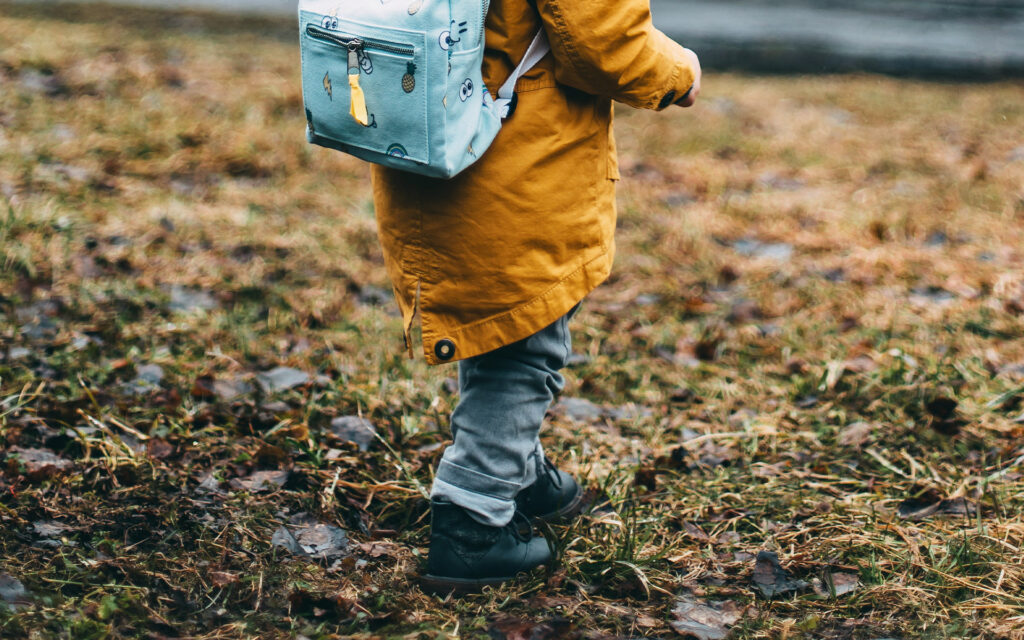
The children show not only a greater interest in the world around them but also a greater motivation for their studies, and an increase in their curiosity and capacity for observation. They recognize that these experiences allow them to learn more about the natural world, enjoy it, and feel able to do and try new things.
They also point out that there are many ways to connect with nature, and that each child’s individual identities must be taken into account for the best outcome. Each student’s preferences will be linked to their disposition toward such activities. For example, some will prefer outdoor sports or physically demanding activities. Others will be more interested in studying the plants and animals they see around them. Therefore, nature education efforts must take into account the qualities and interests of the children in order to achieve a better integration and a more complete experience, working across school disciplines to reach all children.
It will probably be challenging at first, having to adapt classes to a different model and environment, but the results are certainly encouraging, and the benefits are significant. Those children in the study felt more self-confident, and more assertive, and showed a better relationship with their peers and teachers. They improved their academic performance and social skills.
And not only that. One of the most interesting results of this study is about the connection with nature. That bond that allows us to feel part of, and look beyond our space. That emotional closeness that takes nature as part of our identity, as an extension of our being. A necessary connection, today more than ever, to be able to face the environmental issues that prevail.
These activities favor the development of crucial skills, such as empathy, not only among our peers but also with their environment and the living beings that inhabit it. The connection generates love for nature and sincere concern for it.
No one will protect what they do not care about; and no one will care about what they have never experienced
Sir David Attenborough
As Sir David Attenborough says, when you understand what is at stake, you will be more willing to safeguard what we have left. How? By changing habits, by changing negative thoughts and behaviors that endanger the entire life of the planet.
When a child becomes environmentally conscious, they are taking a big step to help the earth. Why? Because this child will grow up with better habits, will be immersed in the protection of ecosystems, and will avoid actions that can damage them. They will take care of the beings that surround them, they will be able to lead changes in their families and communities. They will not make the same mistakes as previous generations and will be able to act correctly, with values, in any environment in which they live. Values that are expressed in the protection of the environment, animals, and plants, in the reduction of energy consumption, and better use of resources, among others.
Imagine what it would mean for society if we grew up with these values attached to our way of seeing the world. Undoubtedly, we would have people with greater awareness leading countries, companies, and institutions; people who really care about the welfare of all beings, and who would seek to provide a better quality of life instead of just profits.
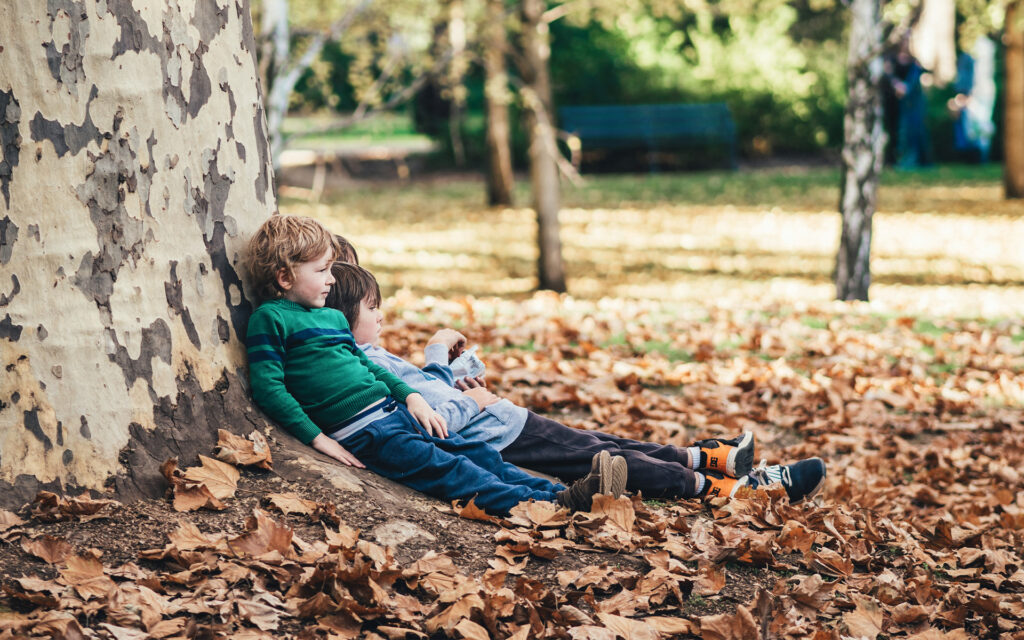
Developing this kind of connection with nature is of vital importance for future generations, who will face ever greater challenges if the current mindset remains unchanged. Here, school education plays a fundamental role in laying the foundations of the future society. A society that is more conscious and respectful of its planet, healthier and happier.
Little by little, this educational model is gaining a presence on the world scene. Here are some examples of educational institutions that promote this approach, in order to improve the mental health of their students, their learning, and environmental ethics.
Natural England’s Children & Nature Program
Natural England is an executive non-departmental public body supported by the UK Department for Environment, Food and Rural Affairs. It aims to protect and restore the natural world, as well as to bring nature closer to people and encourage them to engage with their environment.
Witnessing the many benefits of nature for people, they set up the Children and Nature program with the Department for Education to ensure learning at all levels of education.
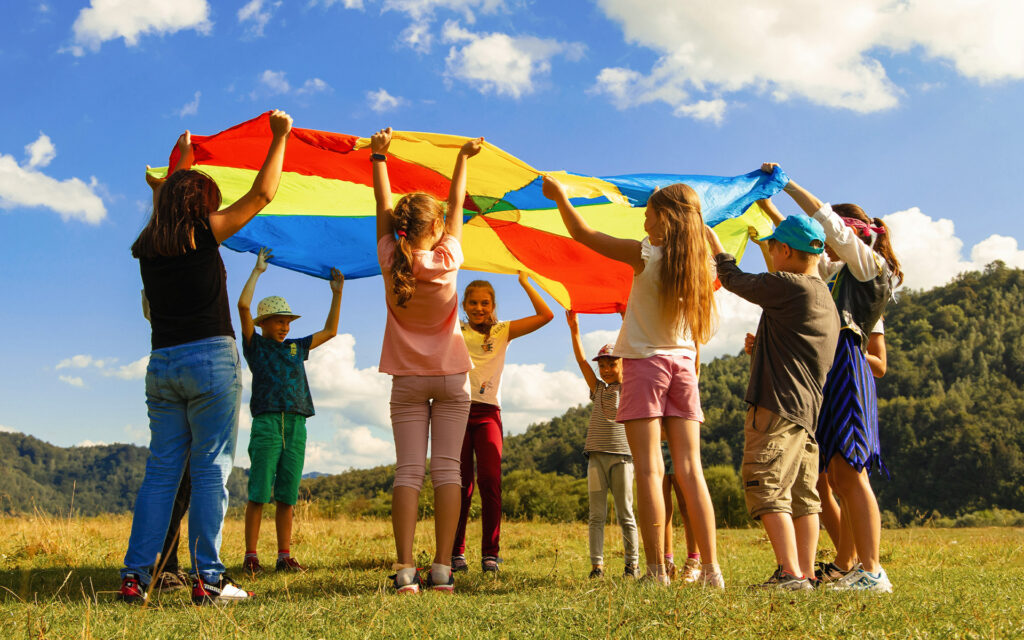
It is through various projects and local partnerships that they apply this initiative to maximize the benefits. For example, improvements to school grounds with the construction of green areas, visits to forests and nature reserves, research camps, etc.
Their work, sponsored by the government, is key to eliminating barriers to access to nature and providing opportunities for experience to the most disadvantaged areas. This access must be global, without social or economic distinctions.
If governments took action to promote the educational model, it would allow it to reach more people at the national level. Ensuring the quality of life of the entire population is the government’s responsibility. Therefore, all citizens should have the opportunity to experience and encounter nature.
Amalaka Farm School
Located in Colombia, it is the only educational institution in the country located in a civil society nature reserve. It is a private area ceded to conserve nature and contribute to the protection of local and regional ecosystems).
It was created 27 years ago to serve as a learning and research center for students. It is a space where they work around the care of the environment, conservation, and ecology, and encourage scientific research, environmental education, and agroecology.
As pioneers, their path is not easy, but they do not give up in the face of difficulties, because with their project they have managed to restore part of the flora and fauna of the area. In addition, the children enjoy the experiences that motivate their education.
On top of that, they have been awarded first place in Sustainable Schools, recognizing their educational and social work, by promoting sustainability throughout the area.
One of the biggest problems they face today is the construction of a dual carriageway that would destroy part of the nature reserve, which the National Infrastructure Agency is threatening to carry out without taking into account the alternatives proposed by the school itself.
Sister of Maryknoll Private Nature Reserve
It is cataloged as the first voluntary nature reserve of an educational center associated with private nature reserves in Latin America. Its land, one of the few wooded areas within the capital, covers about 10 hectares adjacent to the protected area of the San Carlos University, near the United Nations National Park.
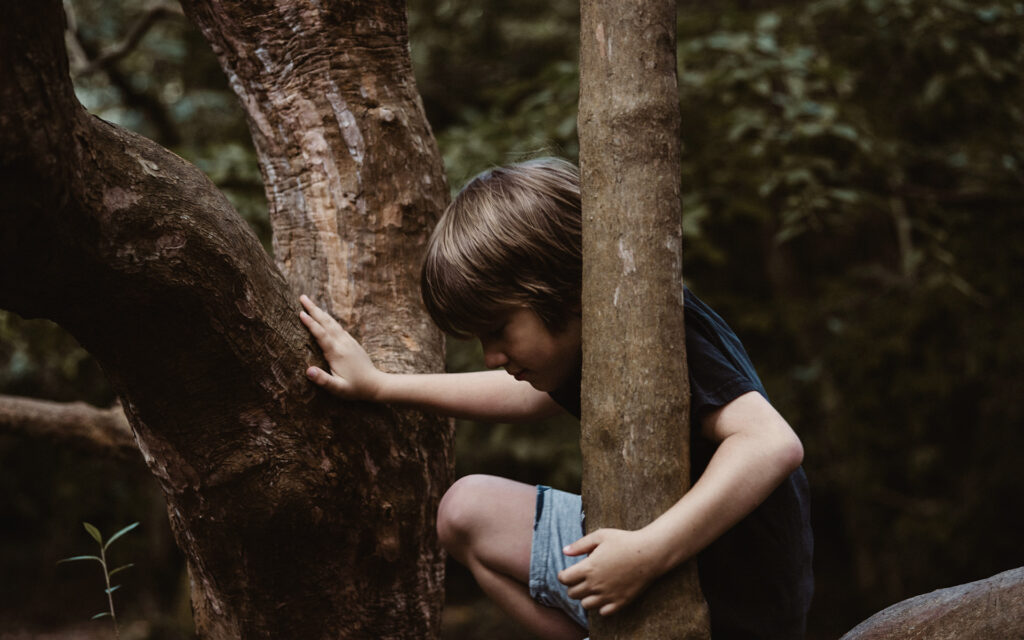
The reserve is part of the Monte María School in Guatemala. There, the students protect the species that live there and collaborate with the protection of the forest as part of the eco-pedagogical projects. The institution’s mission is to educate citizens with a social and community awareness that will contribute to building a fairer and healthier society. To this end, they start with an integrated environmental education that promotes values associated with conservation, respect, and love for living beings, and encourages students of all grades, and from all academic areas, to actively participate in the care of nature, through various activities.
Sometimes it seems almost strange to think that it takes so much work to preserve nature, whose existence keeps us alive, but paradoxically we are destroying it at a very fast pace. As responsible inhabitants of this planet, we cannot fail to support initiatives in which children, our future generations, are sensitive and educated in respect and love for the environment whose preservation is a moral duty for all of us.


